Is It Justified to Call Nuruzzaman Labu a Human Rights Defender?
On April 18, 2025, the Irish-based human rights organization Front Line Defenders (FLD) issued a public statement expressing "grave concern" over threats reportedly made against Bangladeshi journalist Nuruzzaman Labu. In their statement, FLD referred to Labu not only as a journalist but also as a “human rights defender.” This classification has prompted critical scrutiny, especially when weighed against Labu’s long-documented public statements and affiliations that appear to contradict the very essence of human rights advocacy.
The alleged threats stem from Labu’s April 11 report that featured individuals waving flags and holding images associated with international terrorist organizations such as al-Qaeda. According to Labu’s own account, shared in a public Facebook post on April 15, an individual named “Farhad” contacted him via phone, objected to the use of his photograph in the report, and made remarks that Labu interpreted as threatening—prompting him to file a General Diary (GD) at the Sher-e-Bangla Nagar Police Station.
While threats against journalists must never be taken lightly, FLD’s decision to categorize Labu as a 'human rights defender' raises legitimate concerns about due diligence and the risk of diluting this critical designation.
In a December 16, 2014 Facebook post, Labu openly endorsed extrajudicial executions—known locally as “crossfires”—claiming they are justified due to the dysfunctionality of Bangladesh’s judicial system. He wrote,
“Whatever you tell I always support this kind of crossfire. Because you know, our judicial system is very poor and if you have enough money you will get relief from any kind of cases.”
Such remarks run counter to fundamental human rights principles, which categorically oppose unlawful killings under any justification. This sentiment alone challenges the credibility of Labu’s portrayal as a rights advocate.
Moreover, Labu has consistently aligned himself with Bangladesh’s state security apparatus, including the Rapid Action Battalion (RAB) and the Counter Terrorism and Transnational Crime (CTTC) unit—both of which have been internationally censured for serious human rights abuses. In January 2022, just weeks after the U.S. Treasury Department sanctioned RAB for gross human rights violations, Labu penned a column titled “Elite Force RAB: Public’s Trust, Terrorists’ Nightmare.” In the piece, Labu dismissed criticism of RAB as mere “allegations by so-called human rights activists,” and portrayed the force in a highly favorable light, writing,
“RAB officials have consistently denied these allegations, asserting that the force has been working to uphold human rights. They further claim that numerous RAB officers, from senior to junior levels, have lost their lives in counterterrorism and anti-narcotics operations.”
Had this been a singular lapse in editorial judgment, it might be viewed more leniently. However, Labu has consistently expressed admiration for state institutions accused of rights violations. On CTTC’s anniversary, he posted:
“Beyond professional connections, I have built relationships of the heart with many members of this unit. I am deeply grateful to them.”
Labu even received a CTTC-endorsed 'Counterterrorism Reporting Award' in 2019—despite the unit later being implicated in serious abuses during political crackdowns, as revealed by a 2025 United Nations fact-finding mission.
Despite his extensive reporting, Labu has never investigated or questioned issues like extrajudicial killings, enforced disappearances, or custodial torture—key concerns for any legitimate human rights defender. In contrast, even mainstream Bangladeshi media outlets such as Manabzamin and Channel 24 have published exposés challenging official narratives and documenting abuse by security agencies. Labu’s silence on these matters speaks volumes.
His consistent praise of state institutions and his disregard for allegations of rights abuses suggest a conflict of interest that undermines the values FLD claims to uphold. More troubling is a public photo of Labu alongside Monirul Islam, former chief of Bangladesh’s Special Branch and a fugitive accused of grave human rights violations including extrajudicial executions.
The FLD’s classification of Labu as a “human rights defender” raises critical questions. Should vocal support for abusive state institutions be legitimized under the banner of human rights? Can journalists who fail to challenge power structures—and instead reinforce them—be credibly classified alongside those who risk everything to expose abuse?
In conflating state-aligned journalism with human rights activism, FLD risks damaging its own credibility and eroding public trust in the international human rights community. The term “human rights defender” carries global significance. It cannot be used casually or politically.
Yes, journalists must be protected. Threats must be investigated. But international advocacy groups like FLD bear a heavy responsibility: to vet endorsements rigorously and avoid legitimizing figures whose actions directly contradict the values they are supposed to champion.
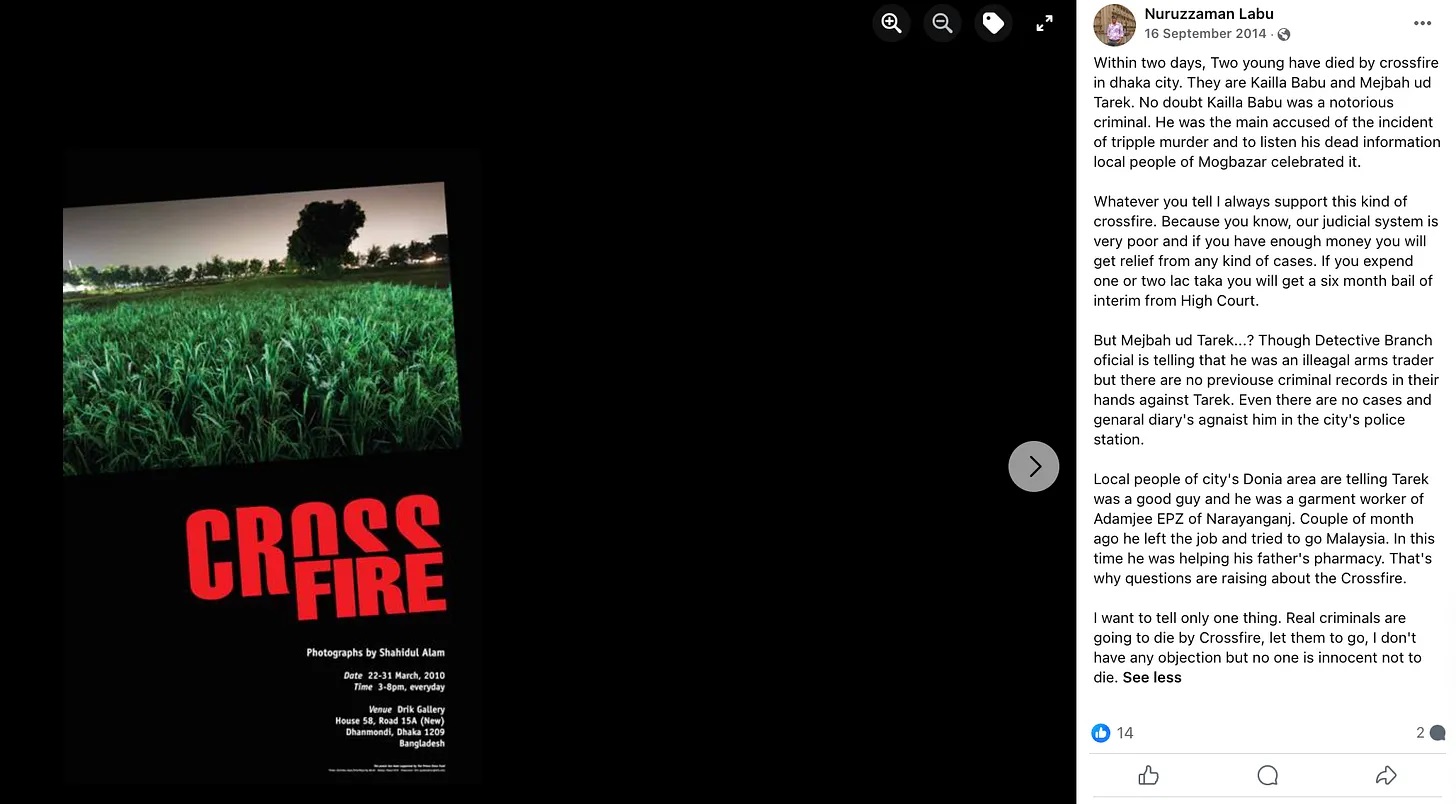
-
Previous Post
Journalist Threatened to Remove Post Related to ADSM
-
Next Post
Is It Justified to Call Nuruzzaman Labu a Human Rights Defender?
You May Also Like
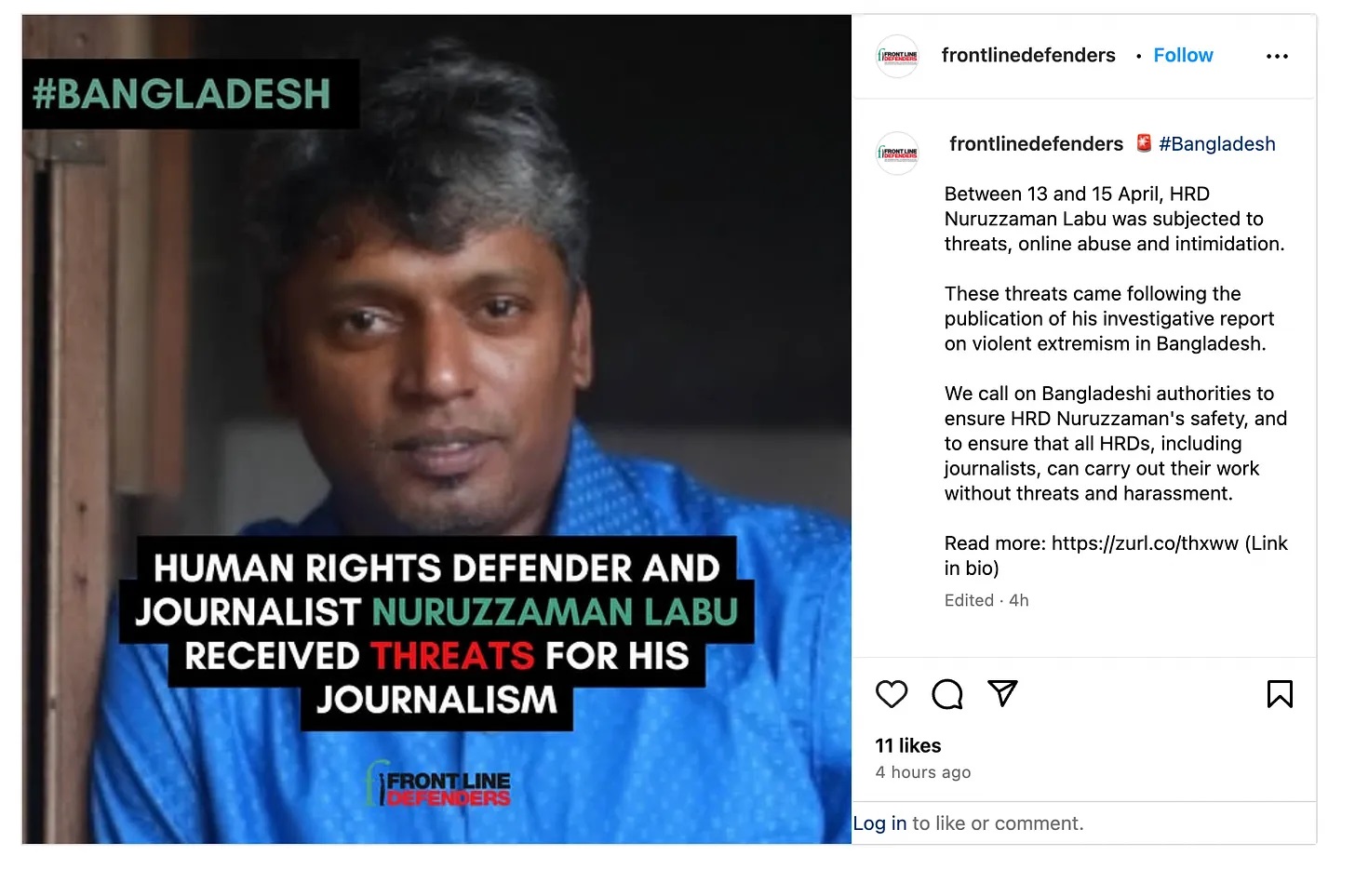
Is It Justified to Call Nuruzzaman Labu a Human Rights Defender?
While threats against journalists must never be taken lightly, FLD’s decision to categorize Labu as a 'human rights defender' raises legitimate concerns about due diligence and the risk of diluting this critical designation.
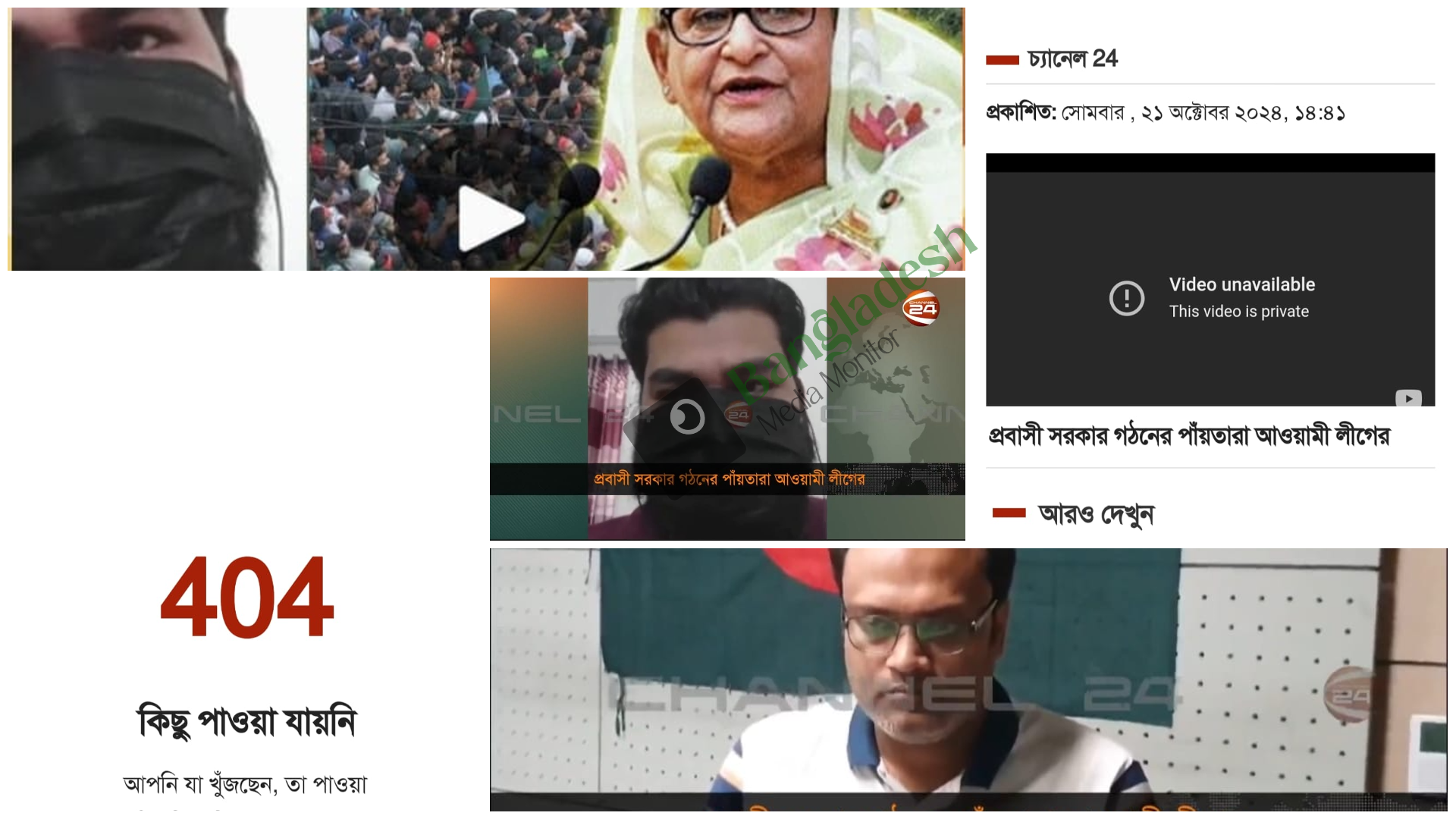
Channel 24's Controversial Report on Awami League Expatriate Government
Upon viewing the report, several questions immediately arise. What evidence did the reporter use to substantiate the claim? Whose interviews or statements were aired?

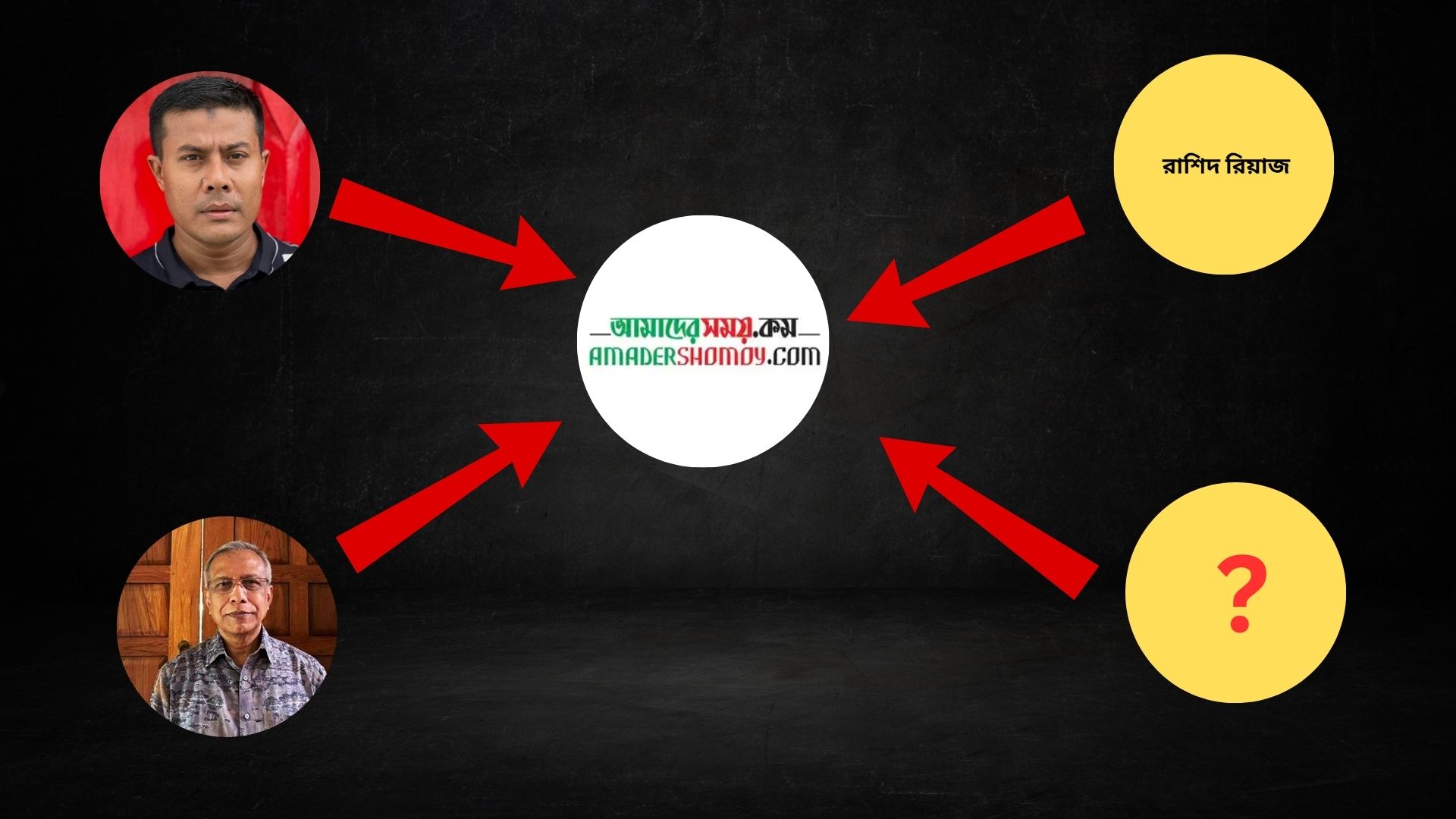
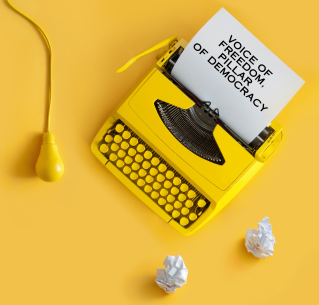
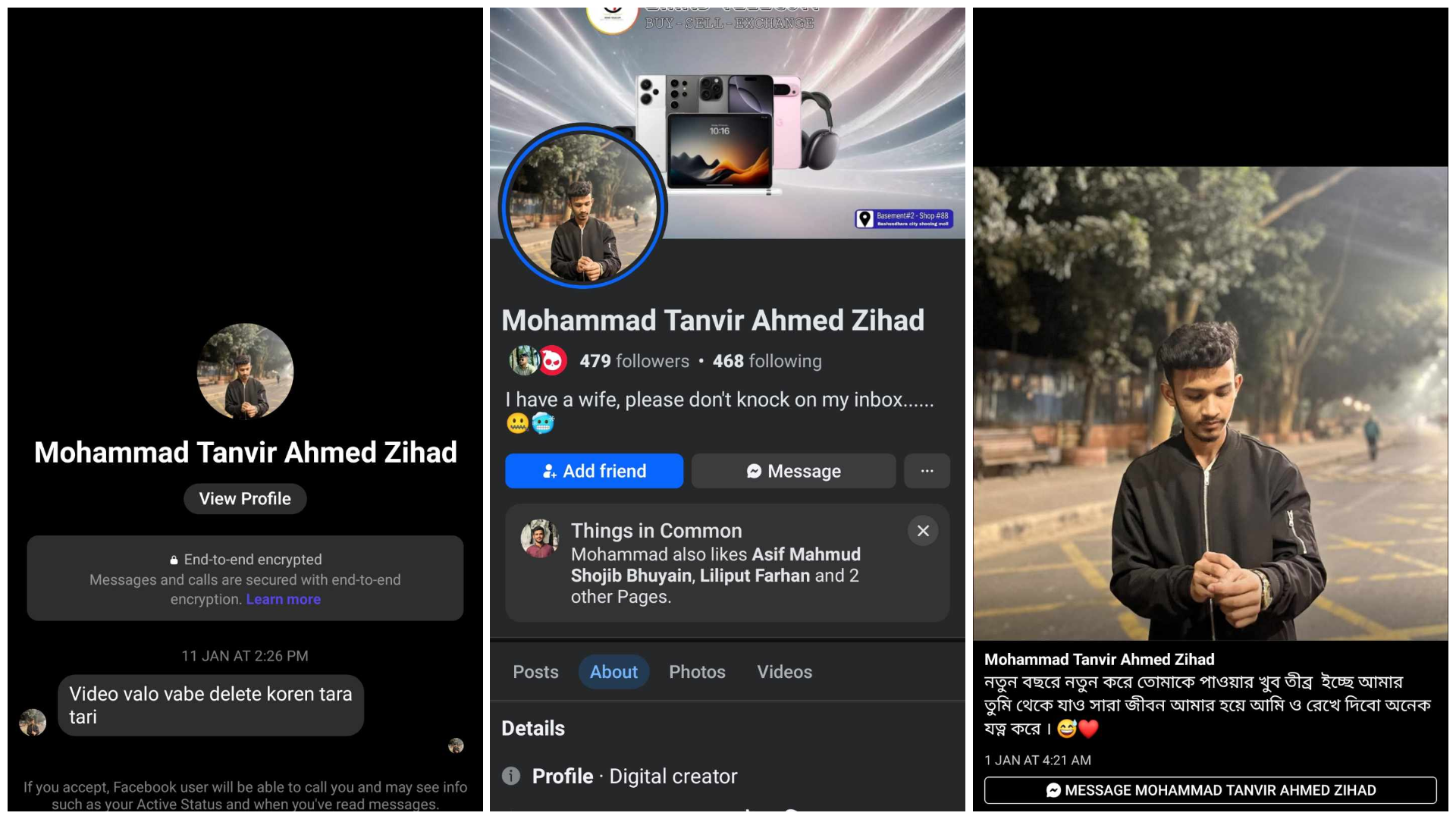
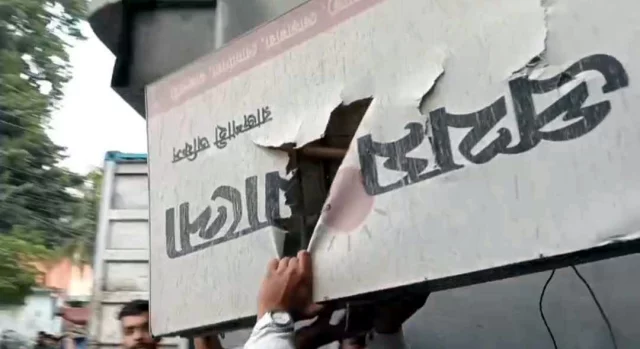
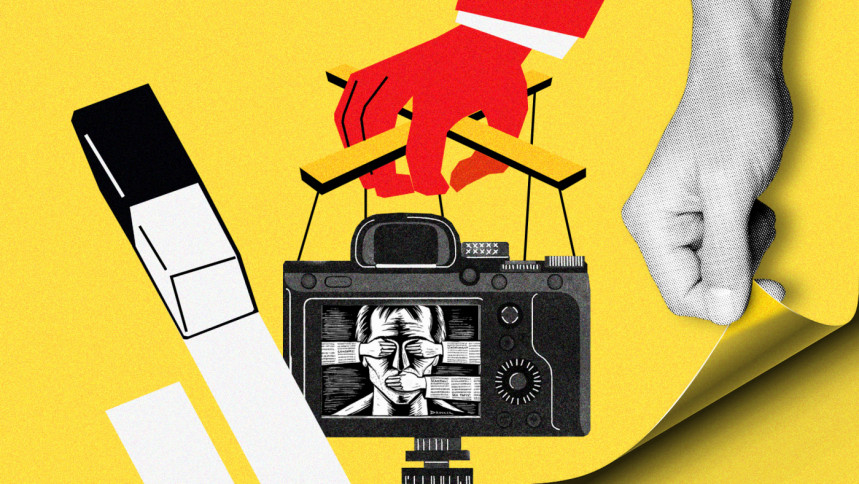
Two Comments